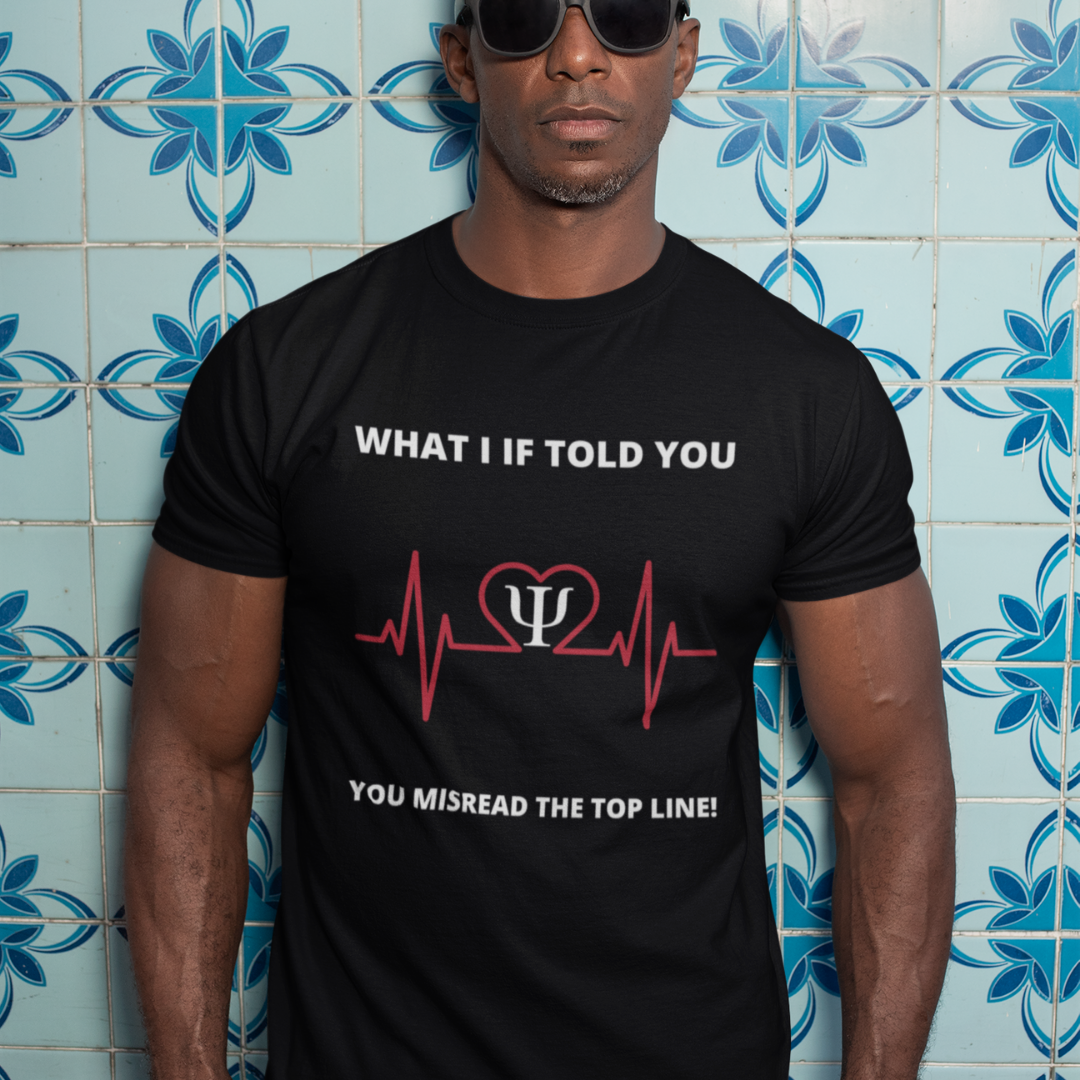I (Do Not) Think Therefore I Am
David Webb (Owner, writer & host of All-About-Psychology.Com)
When I step onto the court, I don't have to think about anything. (Michael Jordan)
Just like basketball legend Michael Jordan there are lots of things you do automatically without having to think about it. Walking, riding a bike, typing your PIN number into an ATM, tying your shoelaces etc.
Our ability to operate on autopilot is typically a result of having repeated a task so many times that it no longer requires any conscious effort on our part for it to be successfully carried out.
Remember when you first started learning to drive? All that focused attention! Wondering how you would ever master having to do several things at once. Now look at you! Chances are you will have driven somewhere recently and got to your destination with little or no memory of the trip?
The notion that there are two very different levels of mental processing - level one involving willful rational thought and a spontaneous, automatic, unthinking level two - has been a topic of abiding interest within psychology.
In the founding days of the discipline it was interest in level one which held sway. When Wilhelm Wundt established the first experimental psychology laboratory in 1879, he championed the use of introspection (the examination of conscious thoughts, feelings and experience) as the primary basis of psychological research.
At the start of the 20th Century there was then a sustained period within psychology where interest in level two predominated. Most notably as a result of Sigmund Freud's influential work on "The Unconscious," where primal inner drives and forces residing outside our awareness were said to be directing and influencing our behavior. However, this concept along with other core ideas within Freudian psychoanalysis were largely discredited within academic psychology on the grounds of being too vague and untestable.
There was then a dormant period of investigation until the start of the 1980's when cognitive psychologists began to develop innovative methods for studying unconscious processes. Among the most influential movements within this new psychological paradigm, was social cognition; an approach to studying designed to explore the mental mechanisms by which information within a social context is processed and applied.
Social cognition has been examined in relation to a wide range of social interactions, for example, how we form impressions of the people we meet. It has also been employed to help make sense of the social attitudes (both positive and negative) people hold when thinking about gender, age, race and sexual orientation etc.
Take a moment to consider your own attitudes on the following topics. Gun control, global warming, the death penalty, drug legalization, euthanasia, health care, gay marriage.
You probably have strong views on one or more of these topics, but how did the attitudes you hold come about? I highlighted above the notion that there are two very different levels of mental processing - level one involving willful rational thought and a spontaneous, automatic, unthinking level two. I imagine as far as your attitudes are concerned you would argue that level one mental processing came into play i.e., your attitudes formed as a result of conscious rational thought on your part.
You Know Your Own Mind, Right?
Well, maybe not as much as you quite literally would like to think, because according to Mahzarin Banaji - a pioneer within the field of Implicit Social Cognition - who conducts research on thoughts and feelings which occur outside of conscious awareness or control...The truth is that...
Thoughts, feelings, and behavior operate largely without deliberation or conscious recognition.
Not convinced? Why not put this idea to the test!
Founded in 1998 by Anthony Greenwald (University of Washington), Mahzarin Banaji (Harvard University), and Brian Nosek (University of Virginia), Project Implicit was established as a virtual laboratory where members of the public have the opportunity to assess their conscious and unconscious preferences across a range of different topics; from pets to political issues, ethnic groups to sports teams, and entertainers to styles of music.
I highly recommend taking a test or two, which you can do by CLICKING HERE. It might not change the way you think but it might just change the way you think about how you think you think!
Implicit Bias And Police Shootings
The notion that unconscious bias can influence perception, judgment, and action has been discussed in relation to police shootings more than any other area of applied social cognition.
To learn more about this very important issue, CLICK HERE to listen to a thought-provoking podcast on the subject.
This cognitive error T-Shirt is available from Amazon (prime eligible) in a range of colors for women and men. Sales help support this website, which has been providing free and comprehensive information and resources for psychology students and educators since 2008.
Recent Articles
-
Tourettes: Understanding Tourette Syndrome Beyond Stereotypes
Feb 23, 26 06:01 AM
Learn what tourettes really is, why swearing is a myth for most, and how education reduces stigma around Tourette syndrome. -
Psychological Impact of Catastrophic Injury & Recovery
Feb 17, 26 02:26 AM
Explore the psychological impact of catastrophic injury, including trauma, identity shifts, resilience, and long-term mental health recovery. -
Psychology Articles by David Webb
Feb 10, 26 06:31 AM
Discover psychology articles by David Webb, featuring science-based insights into why we think, feel, and behave the way we do.
Please help support this website by visiting the All About Psychology Amazon Store to check out an awesome collection of psychology books, gifts and T-shirts.






